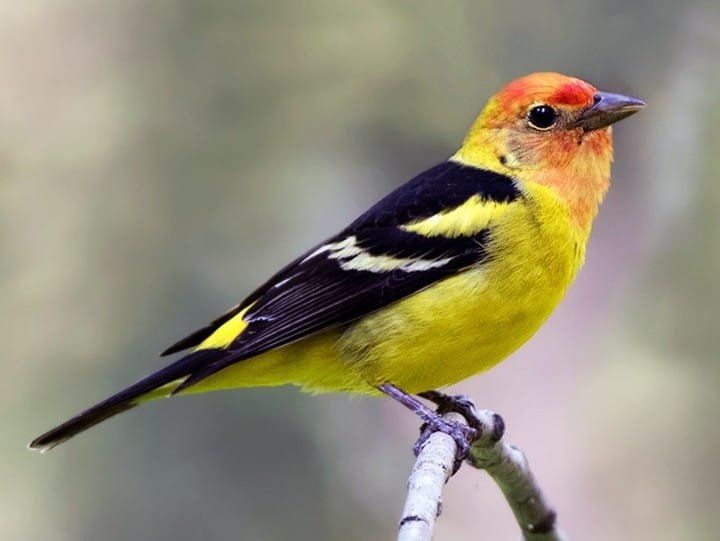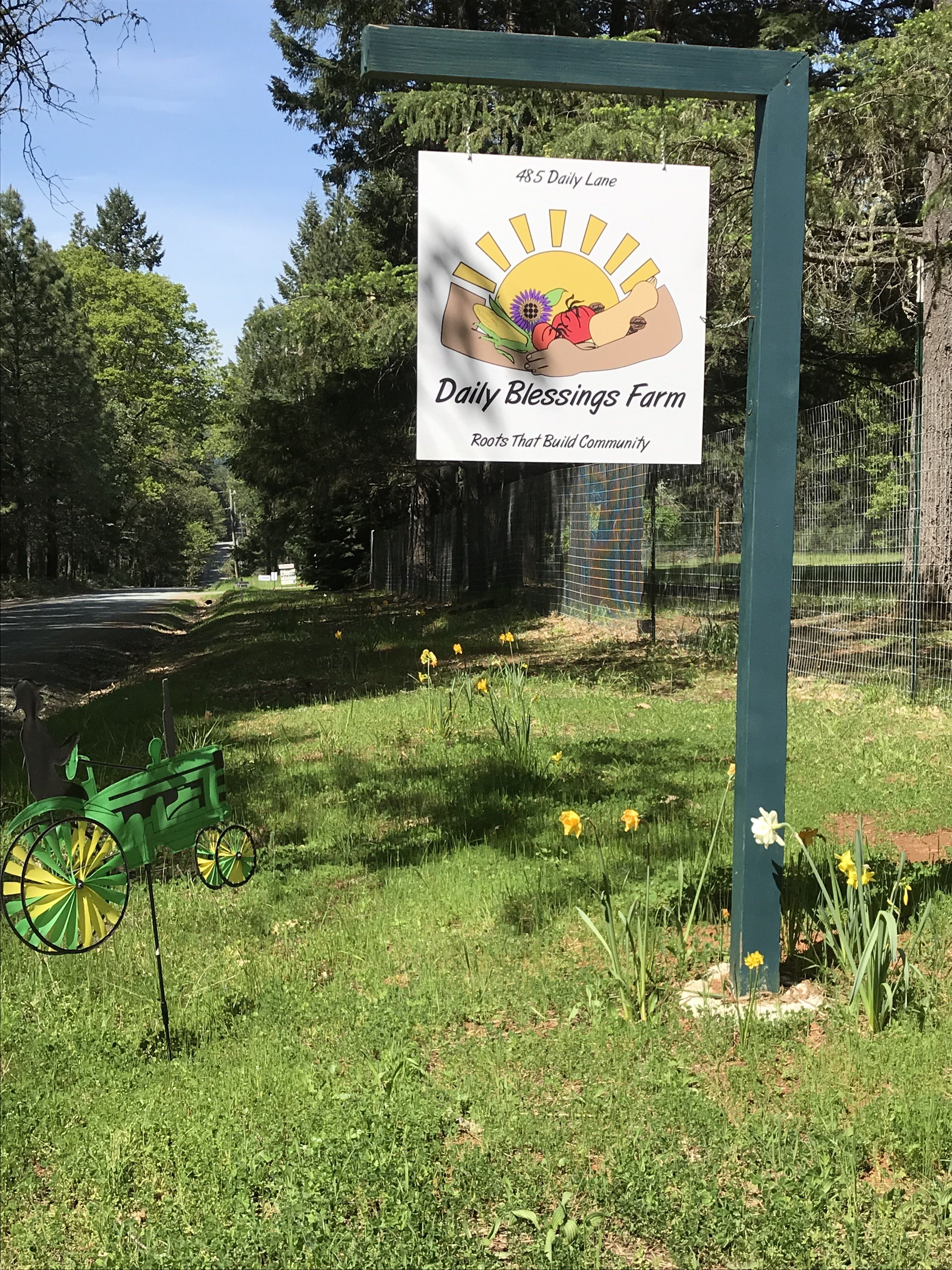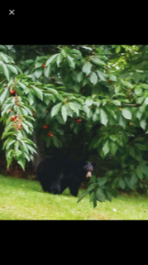This week wraps up our spring season. Thank you all who have supported the farm this spring. It has been a pleasure getting to know you better. I hope you will join us for the summer and fall season too. Things are about to get juicy with tomatoes, peppers, melons, squash, basil and more. Just a reminder that there are no farm share deliveries the week of June 28th as we reorganize for the summer season and accommodate many families’ 4th of July travel plans. As a result, you may want to increase your extras this week.
We’ve got some new flavors to share this week! You might want to dig out your Asian food recipes. Think….. ginger, sesame, soy sauce, stir fry, spinach and scallions. How’s that for some alliteration?
This Week in Your Box …..
Bilko Chinese Cabbage: “Napa and Chinese Cabbages” all refer to the same thing. This particular variety is called Bilko. Chinese cabbages are the lightest and most tender of all the cabbages. They are more like crunchy lettuce and are perfect to chop up to eat raw in salads or Mexican dishes in place of lettuce. Here’s a great link explaining the differences between the various types of cabbages on the market. https://www.bonappetit.com/story/4-types-of-cabbage.
Red cabbage is also growing on the farm but probably 4-8 weeks away before it’s ready. I also got some great ideas from this link on some different ways to use my cabbage. Napa cabbage is perfect for making cabbage rolls. https://www.sheknows.com/food-and-recipes/articles/809695/8-things-to-do-with-napa-cabbage/
Tatsoi: You have already tasted tatsoi a little in your braising greens when it was harvested as a small leaf. Tatsoi is an Asian green with a mustard flavor, and can be grown into heads like what you have this week in your box. I did a little research for you to get started in the kitchen and hopefully, I’ve provided most of the ingredients for you to try several recipes this week. https://www.blueapron.com/recipes/ginger-beef-stir-fry-with-tatsoi-and-jasmine-rice https://www.cookforyourlife.org/recipes/spicy-stir-fried-tatsoi/
Baby Carrots: It’s time to thin the carrots. To avoid throwing them away, I’m including them in your box as a delicacy. They are perfect to use in Asian food entrees because they are tender and add a natural sweetness to offset the tatsoi spiciness. The skins are very thin so you don’t need to peel them at this point, and the extra fiber is nutritionally beneficial. You will find several different shaped carrots because there are several different varieties growing at the moment. The Parisienne are an adorable short, round carrot, and the Napoli and Tendersweet varieties are longer carrots.
Beets: The Red Ace beets are increasing in size each week. One strategy to growing bigger beets is to rake the soil back over the top of the beet root as it rises up out of the soil. I do this after weeding, thinning, and harvesting each week.
Bunching Onions: (Green onions) There are a few bunches left this week, and then we’ll be waiting for the next succession to ripen. You can eat both the bulb and stem!
Summer Squash: (Mostly green zucchini). I was so excited to discover a few 2” summer squashes forming while doing my field inspection this week. When it is hot, the summer squash can grow 2” a day. If they are too short in the morning, often they are just right by the afternoon, so frequent harvesting of summer squash is important to avoid the baseball bat sized zucchini.
Lettuce: Romaine, Red Cross Red Leaf, and Buttercrunch Bibb are still available and the heads are larger each week. You may have noticed that if the heads were small, I gave you two. The gourmet salad mix should be ready in the next couple weeks as well as the Salanova red and green oakleaf lettuce.
Swiss Chard: The Rainbow Swiss Chard is a wonderful green that endures the heat through most of the summer as long as the insects are kept under control, so although the lettuce and spinach cease, we usually continue to have Swiss chard.
Spinach: Our first planting of spinach is almost done and the 2nd planting is just getting started so it will be in limited supply the next few weeks.
Arugula: Add this peppery green to salads, or any cooked dish. I personally like to make pesto with it and smear it on my garlic bread or roll it up in warm croissants. Mmmm
Extras:
- Organic Bagels from the Painted Rooster Bakery. These are not gluten free.
- Organic Flowers from Pistil Farm. I’m hearing wonderful compliments from those who ordered flowers last week.
- Organic Soothing Hand Salve
- Organic Dried Basil made from our own Sweet Italian Basil.
- Organic Dried pepper flakes made from our own mixture of poblano, red and green bell, padrone and paprika peppers
- Organic Cranberry Dry Beans. These are little pink/purple pinto beans.
- Organic Eggs by the dozen (lg and XL)
- Organic Pullet Eggs on special this week! These are small/medium sized eggs that only last a few weeks when the chicks start laying. Try a flat of 20 for $6 or a flat of 30 for $9. They are perfect boiled eggs for snacking or salads.
Share your recipe’s with me! I’d love to try them and/or share them with others.
What’s Growin’ On The Farm?
The potatoes, tomatoes and green beans are all blooming and the honey bees are working hard to pollinate them. Our bee keeper sang high praises Saturday morning and said the new queens are working hard to organize the colony and are building beautiful comb. The braising greens are done and blooming too but I am letting the bees forage on them a bit before I cut them down and turn over the bed.
Turning over the beds is an expression that means I end one crop and start another. Sometimes I plant right on top of another and sometimes I rototill the old crop in as “green manure”. Green manure is simply using plant material to improve soil health; there is now raw animal manure component. After rototilling, I wait two weeks for the old crop to decompose before I plant again. This is one way to return all the nutrients back to the soil through composting without hauling it all to a bin, layering, watering and waiting. I just use the field to do it and then the new crop benefits from it immediately.
This seems like a good week to talk about pest control because I spent most of the week weeding. Most people automatically think about bugs when pest control is mentioned, however horticulture pests include weeds, insects, disease and vertebrates. Weeds are overwhelmingly the most difficult to control and where I spend the majority of my time. I pull all weeds by hand undercutting the small ones if I can catch them early enough, and I mow the perimeter and pathways. I actually enjoy this mindless work sometimes as I can listen and watch the birds zoom and sing around me, I get a close up look at all the plants as I work so I can monitor plant health, and it’s rewarding to see the rows all cleaned up when I’m done. Often I look up to see a deer pass me by, or I have to jump up and wave my arms at a hawk circling to hunt my chickens.
Among other weeding, this week I tackled the “tomato jungle”. These are all volunteer tomatoes that came up with the rain, but they are so healthy, I’ve just been letting them grow. I haven’t watered them until this week; this is called dry farming. So for the better part of the week, I have been thinning, weeding and trellising these volunteer tomatoes. It should be fun to see what mix of varieties grow. It should be last year’s Amish paste, San Marzano, Big Beef slicers, and Jasper red cherry tomatoes.
Before Weeding:  After Weeding:
After Weeding: 
The chickens are part of my Integrated Pest Management plan. I move my chickens around the perimeter of the farm during production. They eat the weeds and insects reducing the bug populations. This saves me fuel and reduces soil compaction when I don’t run equipment over the soil. Concurrently, the chickens fertilize the soil wherever they are living. During winter, they graze on the crop residues and fertilize the field where your food is growing now.
When the weeds are controlled, the bugs are usually controlled because the weeds are habitat for bugs. My primary bug control are the yellow sticky cards that you will see throughout the field. These capture all the flying insects which are typically in an adult stage. This disrupts the life cycle and prevents them from laying more eggs. They are quite effective if placed as soon as plants are transplanted. The yellow cards also allow me to scrutinize the specific insects that are living in my field. It’s important to identify them before taking any kind of pest control action. I am seeing many new bugs this year that I didn’t have last year. Sometimes these are carried in with soil amendments like compost. Mechanical removal also takes place regularly. This is a fancy way of saying “I squish them when I see them”. Occasionally aphids become a problem so I keep a can of ashes from my winter fires to sprinkle on the plants. The aphids don’t like that. Slugs also are a problem on the tender greens, especially when the rain persists, but they hate diatomaceous earth so I apply it when needed.
In the past, if an insect completely invades and destroys a crop, I bring in the chicken tractor. This portable coop allows me to move a few hens into an area to eat all the weeds and bugs in a focused area. The chicken tractor fell apart during the 2020 winter because the snow caved in the framework so it’s currently an eyesore in the middle of my yard until I have time to rebuild it.

Diseases….. there are SO many plant diseases that can occur. Prevention is the best plan of attack. This is one reason why I start all my plants from seed and select varieties that have some resistance to common diseases. Most nursery seedlings carry home some kind of disease – it’s very common. The greenhouse is a perfectly controlled growing environment……for both plants and pathogens. Controlling irrigation is another preventative strategy. I only water when the plants need it to avoid creating moist and soggy areas that are perfect for fungal diseases like powdery mildew which spreads like wildfire.
Lastly we have vertebrates. Daily Blessings Farm is a wildlife friendly place. We have black bear, mountain lion, skunks, raccoon, opossums, coyotes, squirrels, gophers, moles, voles, hawks and more. Many folks ask me why I don’t shoot at the wildlife when they visit the farm, so this is an opportunity for me to share the many other options that can take place while we share this forest space. My perspective is that we are guests living in the wildlife’s natural habitat. I love seeing them do what comes natural to them and respect their power and needs with awe. My best strategy is called exclusion. This means creating barriers that make it more difficult for the wildlife to gain access to my plants and livestock and keeping temptations (like trash) to a minimum. If they want to get in, they are going to get in, but if they can find a food and water someplace else easier, they will stay out of my field. On my farm exclusion includes a perimeter fence, electric fence around the chickens and bees, gates, and poultry housing that is closed up and secured nightly. Sometimes I have to add bird netting to protect the hens and crops. On occasion, I use traps for underground rodents which are marked in the field with flags so no one steps on them. Luna is also a very good deterrent. She works all night so I can sleep, or she lets me know when I need to get up and help her. This is instinctly her nature as a livestock guardian dog. As a pup, I walked her around the perimeter 3-4 times a day and now she does it independently. Thanks to my neighbors Sonja and Keith Anderson for the bear photo when our Yogi friend visited Bonnie Lane.
Enjoy your produce and thank for your continued support of the farm. Please feel free to walk about the farm when you pick up your produce. If you are picking up in town, give me a call if you want to come visit at another time.
Stay well, have a safe 4th of July and blessings,
Carrie




